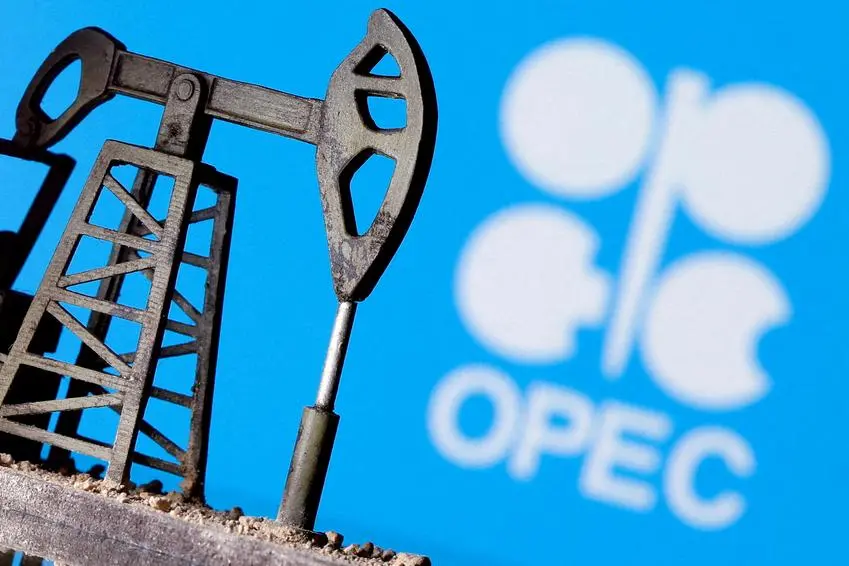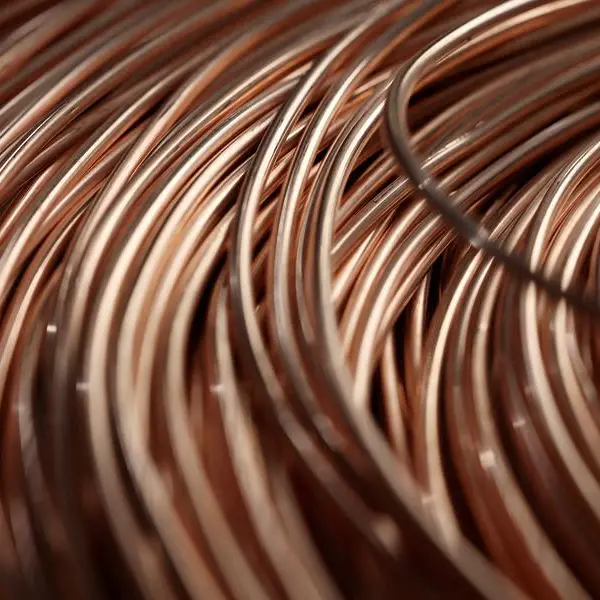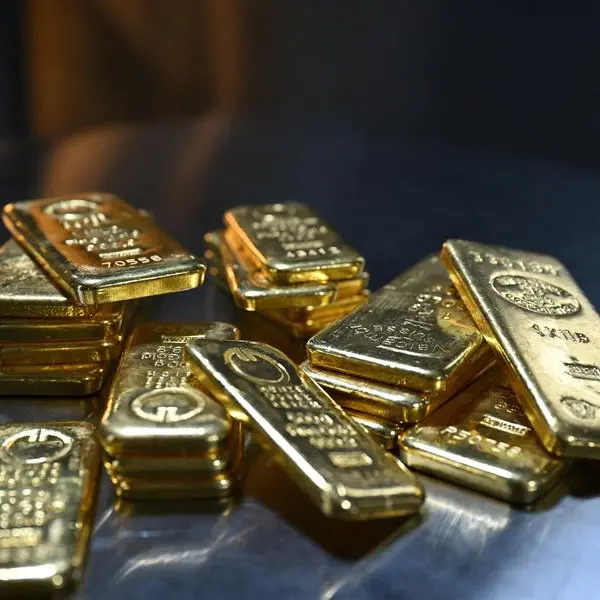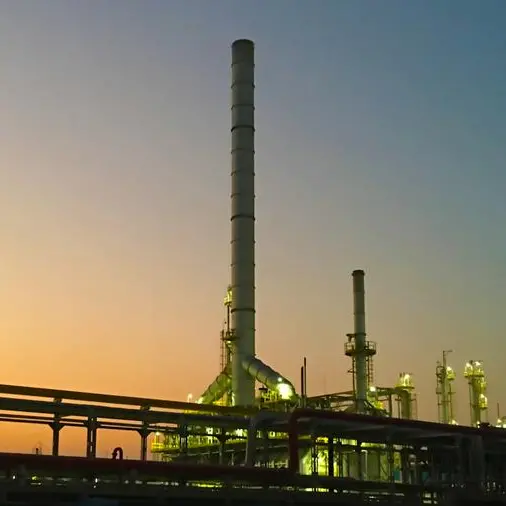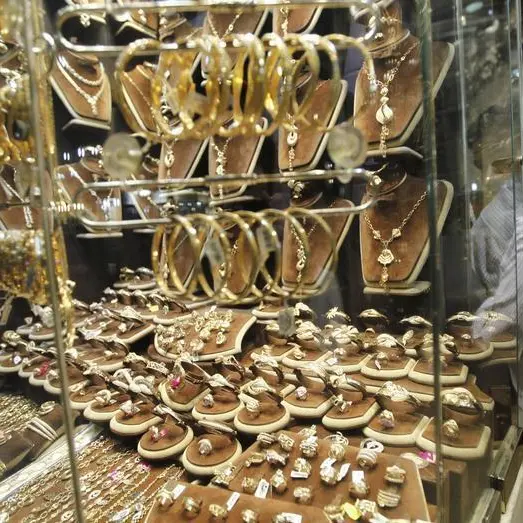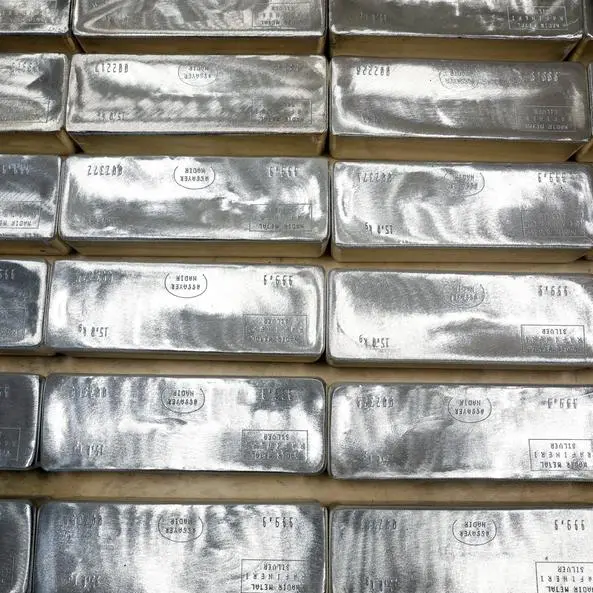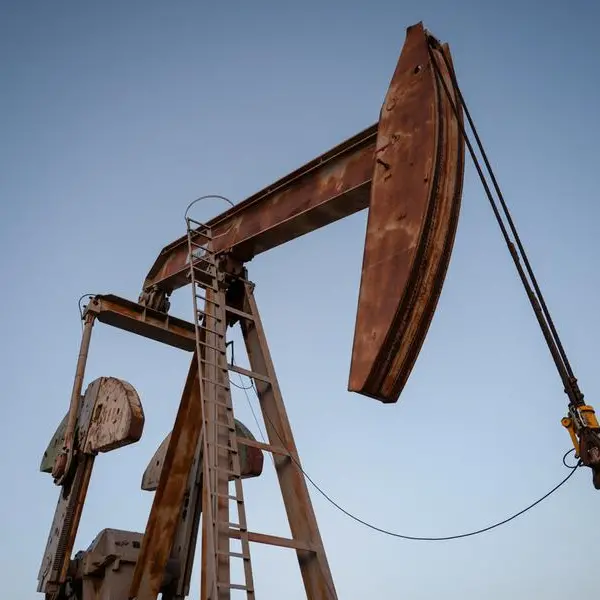PHOTO
LONDON - Oil prices were stable on Friday, but on track for a second consecutive weekly decline, pressured by expectations of another OPEC+ output hike and uncertainty about U.S. tariffs after the latest legal twist kept them in place.
Brent crude futures gained 23 cents, or 0.36%, to $64.38 a barrel by 0949 GMT. U.S. West Texas Intermediate crude rose by 32 cents, or 0.53%, to $61.26 a barrel.
The Brent July futures contract is due to expire on Friday. The more liquid August contract was trading 30 cents higher, or 0.47%, at $63.65 per barrel.
The two front-month contracts were headed for a marginal weekly decrease of roughly 0.5%. Investors have priced in another hike by the Organization of the Petroleum Exporting Countries and its allies, a group known as OPEC+, ahead of a meeting between eight of its members on Saturday.
"The stage is set for another bumper production increase," Westpac's head of commodity and carbon research, Robert Rennie, said in a note, potentially more than the 411,000 barrels-per-day hike decided on at the previous two meetings.
Commerzbank analysts said that the oil price had fallen after media reports that some delegates had already indicated that they would probably decide on a further significant increase in production. "The actual announcement is therefore likely to have only a limited effect," they said in a note.
The potential hike comes as the global surplus has widened to 2.2 million bpd, likely necessitating a price adjustment to prompt a supply-side response and restore balance, said JPMorgan analysts in a note.
In the U.S., Trump's tariffs were to remain in effect after a federal appeals court temporarily reinstated them on Thursday, reversing a trade court's decision on Wednesday to put an immediate block on the most sweeping of the duties.
The block pushed oil prices down more than 1% on Thursday as traders weighed its effects. Analysts said uncertainty would remain as the tariff battles worked through the courts.
Oil prices have lost more than 10% since Trump announced his "Liberation Day" tariffs on April 2.
